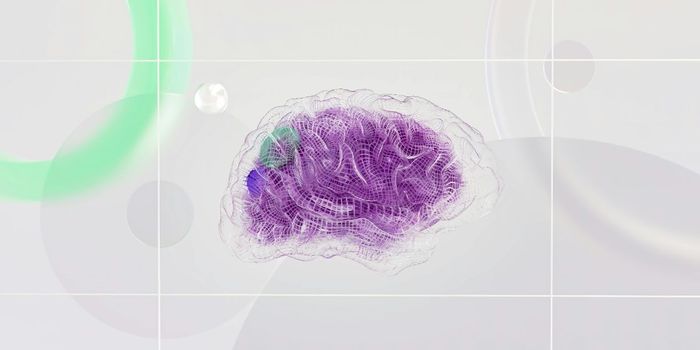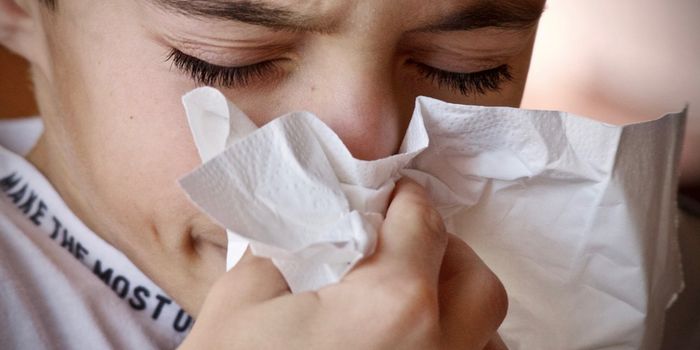Gardenia Compound may Boost Nerve Regeneration
Gardenias are popular flowers worldwide; they include 140 tree and shrub species, and are native to Asia, Africa, and islands in the Pacific. They have also been used in Chinese medicine for thousands of years, to treat a wide variety of disorders. Scientists have now shown that a compound called genipin, which is produced by a type of gardenia sometimes known as Cape jasmine, can boost the regeneration of nerves. When damaged neurons were exposed to genipin in the lab and in a mouse model, regrowth was stimulated. The findings have been reported in Science Translational Medicine.
It may be possible to treat a genetic disorder called familial dysautonomia with genipin. This disease is caused by a mutation in a gene called ELP1, and the disorder impacts development, causing serious problems with the peripheral nervous system. Nerves that are crucial to the body, including sensory and autonomic neurons are impaired; this can lead to devastating neurological and cardiac issues. A patient's ability to breathe, regulate blood pressure or body temperature, and feel pain are affected, among other severe symptoms.
A "high percentage of the world's population suffers from nerve degeneration or peripheral nerve damage," noted study co author Dr. Kenyi Saito-Diaz, a regenerative medicine researcher at the University of Georgia in Athens.
Saito-Diaz and colleagues identified genipin when searching for potential compounds that might protect sensory neurons from degeneration. When tested in the lab, genipin restored the proper growth of neurons that were collected from familial dysautonomia patients. It also stopped those cells from degenerating prematurely, and promoted the regeneration of severed axons to form healthy sensory and cortical neurons.
In two different mouse models of familial dysautonomia, peripheral nerve growth was improved by genipin treatment.
The researchers suggested that genipin may be acting by aiding crosslinking in the extracellular matrix of neurons.
There are no treatments for familial dysautonomia right now. While more work will be necessary to determine whether genipin will be an effective and safe therapeutic for familial dysautonomia patients, it could also be applied to other disorders if it works.









